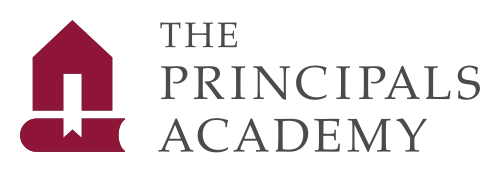Hello Friends.
It was a great relief to watch the children making their way through the school gates last week. They greeted their classmates with such joy that it made me realise yet again how much they have missed the contact and interaction with children their own age. I also noticed the relief on the faces of many ‘covid fatigued’ parents! I hope you were able to use some of the time to rest and regain your strength after an exhausting term.
We start this new term on a slightly better footing with many educators and school support staff having received their vaccination. What we now have to do is pick up the pieces from the very abrupt ending that we had to deal with last term. Many of you might still have been completing assessments when you suddenly had no learners at school. Before we can move on, we need to tie up the loose ends that were left unfinished.
I do believe we have all become more resilient in these ever-changing times and we’re able to cope with the sudden changes more calmly than we did before. It’s the uncertainty that causes us anxiety. By reminding ourselves that we’re one of millions of people who are uncertain about the future, it becomes easier to shed some of the anxiety we feel. The most important task we have now is getting ourselves and our learners back on track so that quality learning and teaching can take place.
The children have not been in a formal learning environment for a few weeks and getting them back into classroom mode is not going to be easy. It’s crucial that we find ways in which we can balance work and other activities that we need to get through in a school day
Keep in mind the children’s need to move and have short brain breaks during the day in order to fully engage with what you are teaching them and to process new information. This might mean small adjustments to your daily programme. You need to be flexible and take your cue from the learners. If you are struggling to hold their attention, take a quick break. Move on to something different and come back to the original lesson at a later stage. We often find that, after clearing their minds for a few minutes, children are refreshed and can once again pick up where you left off. This is going to require some creative and ‘out of the box’ thinking – nothing you haven’t had to do before. Remember, completing a section of work enables us to put a tick next to it but it means nothing if the learners haven’t mastered it. We need to make every effort to ensure that quality learning is taking place. The learners need to be able to take the knowledge and use it meaningfully before we can tick it off.
Our learners watch our every move, and they learn so much from our interactions with them and from observing our interactions with others. These different times are a perfect opportunity for us as adults to model things like problem-solving, flexibility, compassion and kindness. For some of the children you teach, you will be the only adult to model these skills for them. We are, after all, educating the whole child.
The term ahead is not going to be easy, but we need to see the glass half full and make the most of the contact time we have with each and every child. We can’t allow ourselves to become so concerned about the fact that the children aren’t at the level we know they should be that we lose sight of the way forward. Don’t look backwards – that’s not the direction we should be moving in.
Let’s take our inspiration for this term from a very wise man –
It always seems impossible until it’s done – Nelson Mandela
Have a good week and an even better term.
Jenny (on behalf of)
The Teachers’ Support Team, Principals Academy Trust
